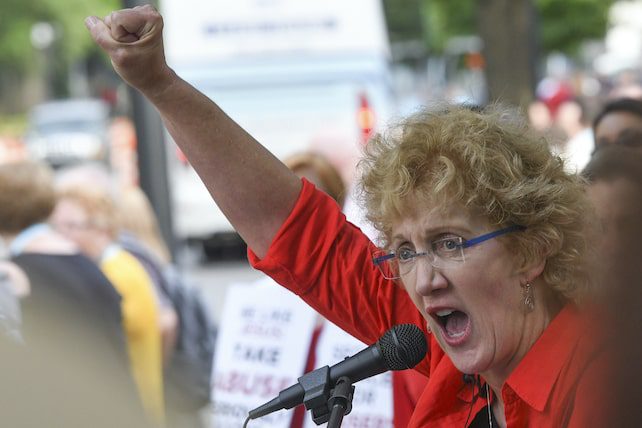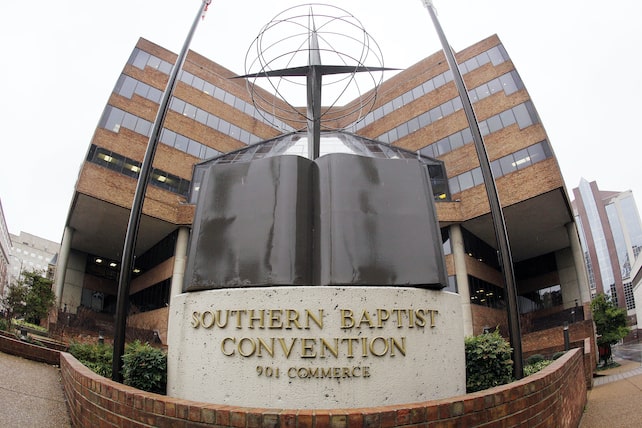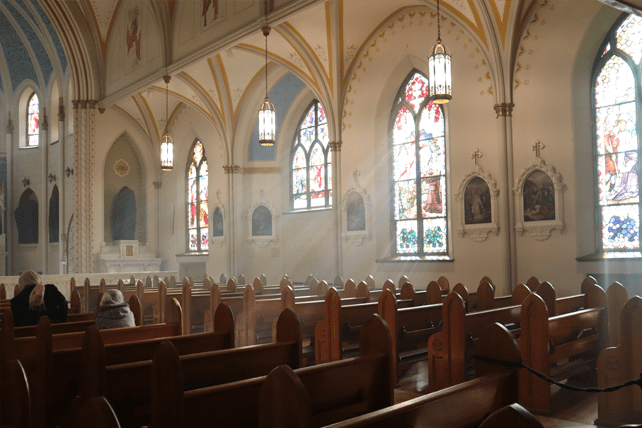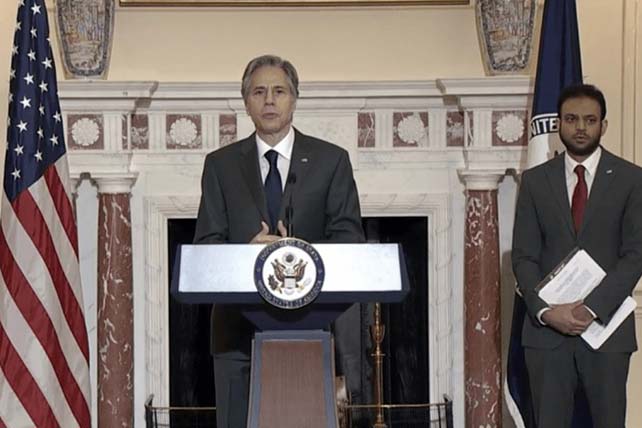There are widespread concerns among pastors and church leaders that some of our regular church members may not be in a hurry to come back after pandemic restrictions are lifted. Some not for a while, some not ever.
Here’s an expression of that concern from my friend and fellow small-church encourager, Dale Sellers in a recent tweet:
There’s a strong possibility that some of your key volunteers may not return immediately. . . This deeply concerns me because most small church leaders will just pick up the slack created by this void. . . It’s highly likely that they won’t put it back down in the future!
Dale Sellers, of 95Network
Lately, I’ve written three articles about post-pandemic church attendance, here, here and here. But what about Dale’s concern? What if the people who aren’t coming back are the volunteers you’re relying on to get things up and running again? And how can we respond to that without burning ourselves out?
Here are some of my thoughts based on previous experience I’ve had with absent volunteers and burned-out pastors. Please feel free to add your ideas in the comments, below.
1. Be slow to add programs back into the rotation
When you offer fewer programs, you need fewer volunteers.
The recovery time from this pandemic will be very gradual.
Giving people the chance to go slow as we recoup may be one way to help everyone (including you, pastor!) recover from the challenges we’ve been facing, and prepare us for the challenges that are likely to come in the post-pandemic fallout.
2. Stop some programs altogether
Stopping programs permanently is not giving in or giving up.
Most churches are over-programmed. And most small churches are extremely over-programmed.
If you had to stop some or all of your church programs during the pandemic, don’t rush to restart them. Use this as a chance to trim your schedule and do a few things really well.
As Dale mentioned in a follow-up tweet,
One of the issues that we’ve been addressing for some time now is that most churches offer too many ministries. It’s much better to be known for doing 1 or 2 things really well than being known for doing 20 things poorly.
Dale Sellers, of 95Network
Instead of trying to restart everything, this might be an opportunity to do some long-overdue trimming of programs.
3. Offer rest and hope, not busyness and programs
Many of your church members will need weeks, even months of worship and fellowship before they’ll be ready to jump in to a regular schedule of church volunteerism.
If they see your church relaunch a full schedule right away, it might keep them from returning. A few months of a slower-than-usual church calendar may be the answer they’re looking and hoping for.
4. Give your workers permission to rest and worship for a while
Let your hard-working volunteers know that they are welcome to come back as worshipers even if they’re not ready to pitch in as volunteers yet. This should be a no-guilt, no-strings-attached, sincere offer.
Taking the time to let your hardest-working folks find hope and healing again is never wasted.
5. Give yourself permission to rest and worship for a while
The last half of Dale’s original tweet is the one that causes both of us particular concern, “…most small church leaders will just pick up the slack created by this void. . . It’s highly likely that they won’t put it back down in the future!“
I understand the compulsion to do too much in ministry. I’ve done it myself. And I’ve always regretted it.
So please, pastor, take this to heart: It’s better to leave some ministries undone for a while than to burn yourself out doing more than you should.
As I mentioned in When A Sprint Becomes A Marathon: Pastoring In A Long-Term Pandemic, this is not a short-term recovery. “Long runs require a different pace than quick dashes. The sprinting pace you’ve been keeping will burn you out if you try to keep it up. Find a sustainable long-term pace.”
6. Offer more short-term commitments
This was a great suggestion that came in from Alan Small.
While we all appreciate the die-hard volunteers who are up for anything, most people need to know that volunteerism isn’t a life sentence. Especially while folks are in a post-pandemic haze.
A request that comes with a clear, guilt-free expiration date will not just give them a chance to pace themselves, it will also help you recruit more volunteers. And it might even become an onramp for a long-term commitment later.
7. Lean on the familiar for now
I’m a huge proponent of innovation in ministry, but if you’re short on your usual volunteers this is not the right time to bring more change than what’s required.
You’ll need to do plenty of innovation just to adapt to these extraordinary circumstances, so lean on what’s familiar whenever you can.
Call it spiritual comfort food. Only innovate when you need to.
As I noted in The Church Recovery Guide, “When times are normal, leaders inspire change. When times are disruptive, leaders provide stability.”
The day will return when you need to shake things up again. Until then, familiarity provides stability.
8. Focus on your strengths
What are the strengths of the volunteers that are returning? That should be a big factor in deciding what ministries to prioritize.
Do what you’re able to do well and leave the rest for later.
9. Put people ahead of performance
This is always true. But it’s especially true now.
Your volunteers need to know that they matter more than their skillset. That their presence is valued more than their talents.
And, pastor, you need to know that about yourself. Don’t judge the success or failure of your ministry by what you’re not able to do. (Or what you are able to do.)
Invest your limited time and energy into worshiping Jesus, loving people, and taking care of your soul.
This article originally appeared here.






















